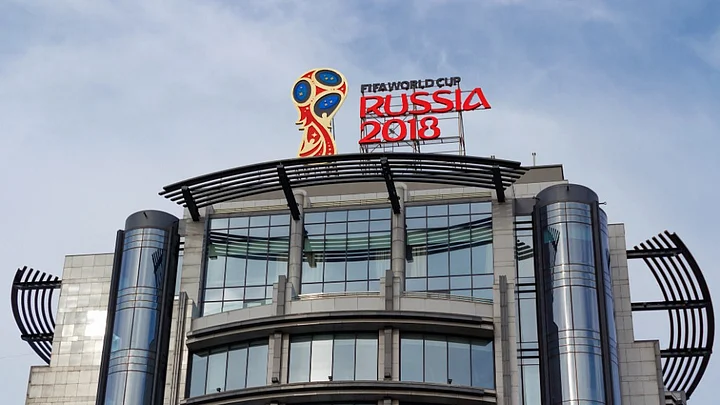There is a huge crowd headed to Russia for the FIFA World Cup 2018 and you can be sure of a torrent of social media posts coming out of that country.
FIFA tried to be well prepared for this flood, which is why they pre-installed WiFi routers across different venues for FIFA matches.
Although, things haven’t worked out as planned. According to a report by Kasrpersky Lab, 20 percent of the routers installed at venues have been declared “potentially unsafe”.
The report claims that 7,176 of approximately 32,000 public WiFi networks in FIFA World Cup 2018 host cities do not use traffic encryption.
This means that they will be potentially unsafe for use. The results also suggests that fans should take care of their personal data, especially while using open WiFi connections around the FIFA World Cup games.
Also Read: Here’s How You Can Get Free Wi-Fi at Railway Stations in India
According to Kaspersky Lab’s findings, public WiFi spots in 11 FIFA World Cup 2018 host cities, including Saransk, Samara, Nizhny Novgorod, Kazan, Volgograd, Moscow, Ekaterinburg, Sochi, Rostov, Kaliningrad, and Saint Petersburg.
But, if you’re going to Russia for the World Cup and would be accessing the WiFi at the stadiums, here are some precautionary steps you need to follow:
- Whenever possible, connect via a Virtual Private Network (VPN).
- Do not trust networks that are not password protected, or have easy-to-guess or easy-to-find passwords.
- Even if a network requests a strong password, you should remain vigilant. You should only trust network names and passwords given to you by employees of the establishment.
- To maximise your protection, turn off your WiFi connection whenever you are not using it.
- If you are not 100% sure that the wireless network you are using is secure, but still need to connect to the internet, try to limit yourself to basic user actions such as searching for information. You should refrain from entering your login details for social networks or mail services, and definitely do not perform any online banking operations or enter your bank card details anywhere.
- Always use a secure connection (HTTPS) option in your device settings. Enabling this option is recommended when visiting any website you think may lack the necessary protection.
(At The Quint, we question everything. Play an active role in shaping our journalism by becoming a member today.)
